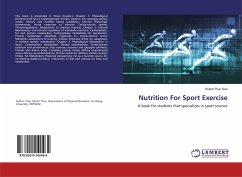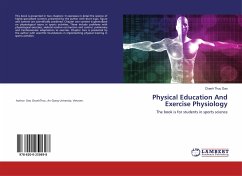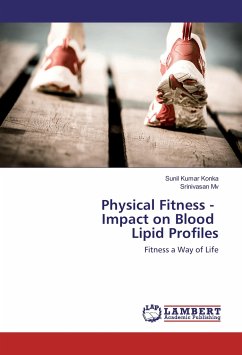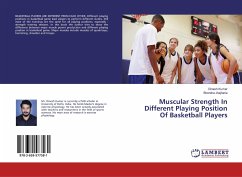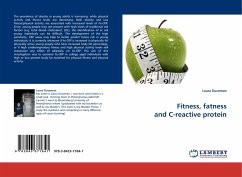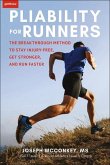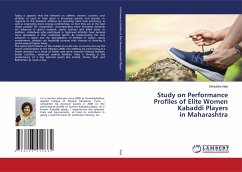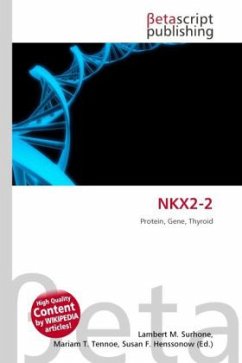This book is presented in three chapters: Chapter 1: Physiological Nutritional Of Sport- Carbohydrates: Protein, Alcohol, Fat, Assessing dietary intake, Dietary and healthy eating guidelines; Exercise Physiology: Homeostasis, Acute responses to exercise, Cardiovascular system, Thermoregulation, Adaptations to exercise training. Chapter 2: Exercise Biochemistry- Control and regulation of metabolic reactions: Carbohydrate, fat and protein metabolism, Carbohydrate metabolism, Fat metabolism, Protein metabolism; Metabolic responses to environmental stress: Metabolic adaptations to training, Cellular molecular driver for adaptation in skeletal tendon metabolism. Chapter 3. Physiological Metabolism In Sport- Carbohydrate metabolism: Dietary carbohydrate, Carbohydrate nutrition and performance, Post exercise, recovery and glycogen synthesis; Protein and Amino Acids, Complete protein foods, Dietary requirements versus dietary recommendations, Protein needs for athletes, Dietary protein timing. Fat Metabolism: Historical perspectives, Fat as a function source for contracting skeletal tendon, Interaction of diet and exercise on fatty acid metabolism.
Bitte wählen Sie Ihr Anliegen aus.
Rechnungen
Retourenschein anfordern
Bestellstatus
Storno

